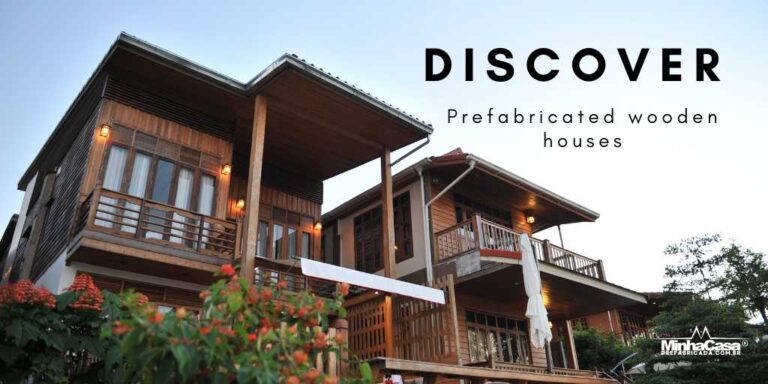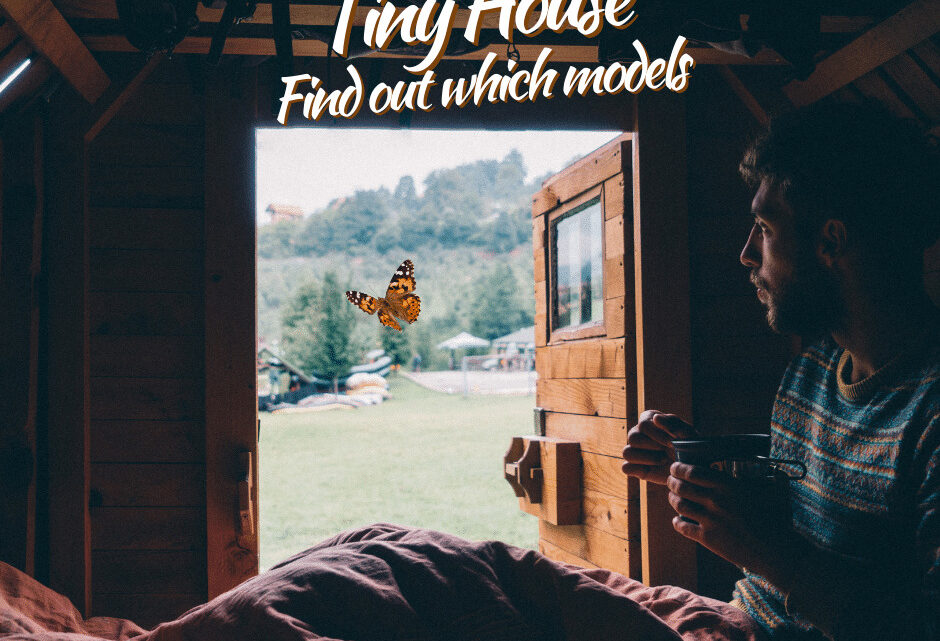
We can see in the market more innovative and sophisticated models of houses, including one that is gaining a lot of prominence is the Tiny House, because, in addition to being quite versatile, it is a model that aims to be close to nature.
Translated from English, Tiny House means tiny house. However, it is not just about that, its size is just a detail, after all, it is a rustic house and smaller than the most common ones, however, very cozy, minimalist and sustainable.
As Robson Lunardi (owner of the company Tiny House Brasil) stated: “A Tiny House is where someone is living and putting into practice the philosophy of conscious consumption”, which is something we currently need, conscious consumption.
But, did you know that there are several models currently? So, follow our post until the end and stay on top of it!
Tiny House on Wheels
A great option for those without land, after all, it is built on top of a chassis. With this installation, you don’t need to pay the Urban Land and Property Tax (IPTU), since it doesn’t occupy a fixed plot of land, nor the Motor Vehicle Property Tax (IPVA), since it doesn’t have an engine (unlike a motorhome).
It is essential that it complies with the necessary measures and signs established by law. It can remain on public roads (time and permission varies according to the prefecture) or on rented land, such as campsites.
Fixed Tiny House
Although tiny house’s philosophy is based on mobility and freedom, you don’t need to be on wheels to have a house like this and be sustainable. So, the fixed tiny house is about having your house on a fixed plot of land, but not giving up minimalism and sustainability.
As small as it is, because it is at a fixed address, it will be necessary to pay IPTU.
Tiny House transportable
It is a model built without a foundation and is a mixture of the two models mentioned above. After all, despite not being able to travel normally on roads, like the tiny house on wheels (since it is not legal as a vehicle), it can be lifted and transported.
It can also stay fixed in one place for a certain period. Whether you will pay IPTU or not will depend on the municipal legislation where you are located.
Advantages of having a tiny house
Sustainability: In its construction, ecological materials are used and in addition to having lower energy consumption, solar panels are used.
Adventures: With a tiny house (mobile or on wheels), you are not tied to one place, being able to discover the world without leaving the comfort of your home.
Better organization: Many people end up having problems with the accumulation of unnecessary things and when living in a tiny house you need to be more selective and organized. Also, because it is small, it requires less time and work when cleaning.
Space: If your land is small, the fixed tiny house is perfect for you. If you don’t have land, the mobile or wheeled tiny house was made for you!
Did you like our post? Then visit our website and choose your tiny house.
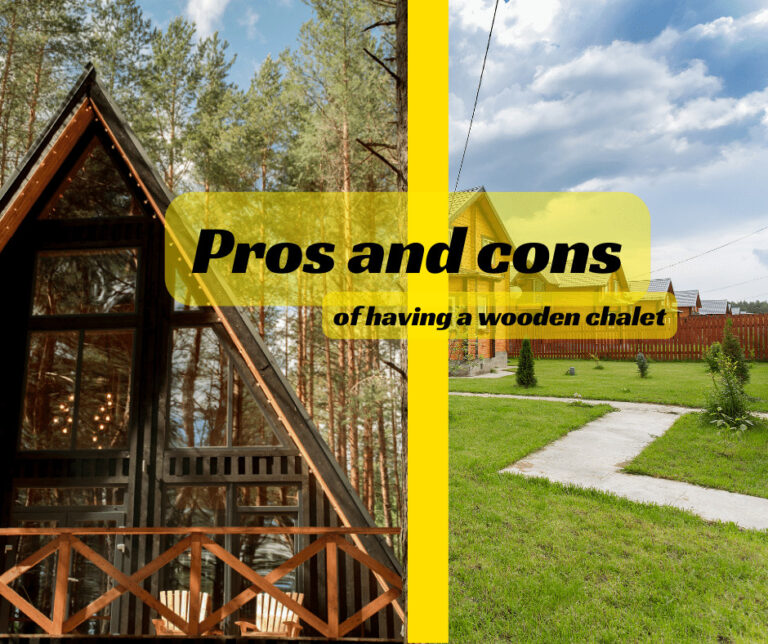
Pros and cons of having a wooden chalet
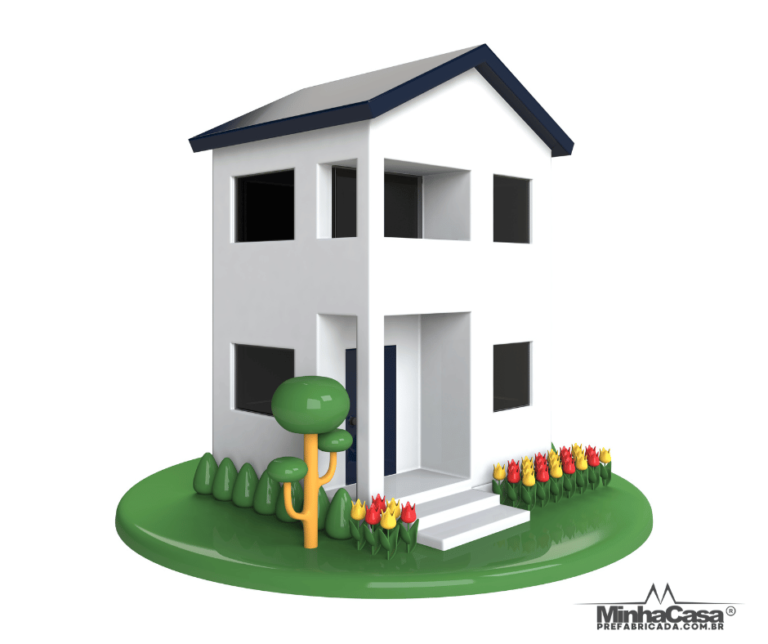
Is it worth investing in a leftover?
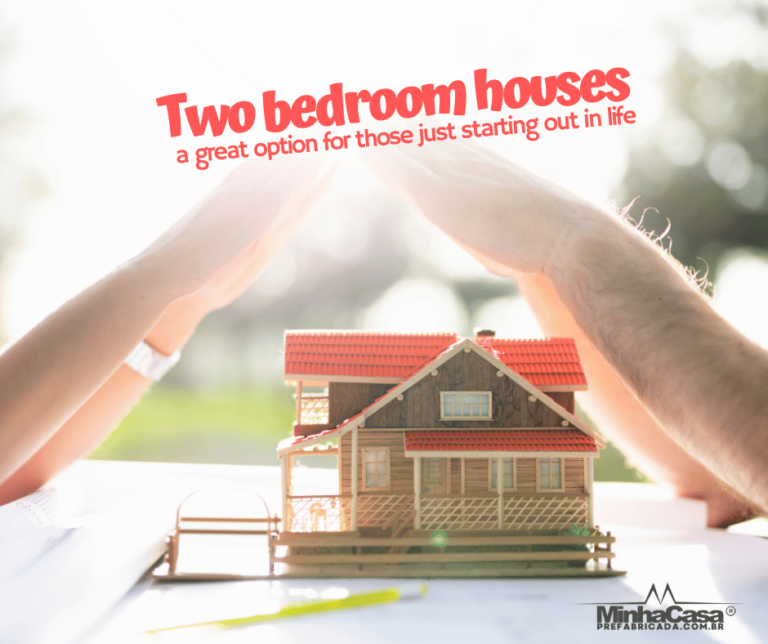
Two bedroom houses: a great option for those just starting out in life
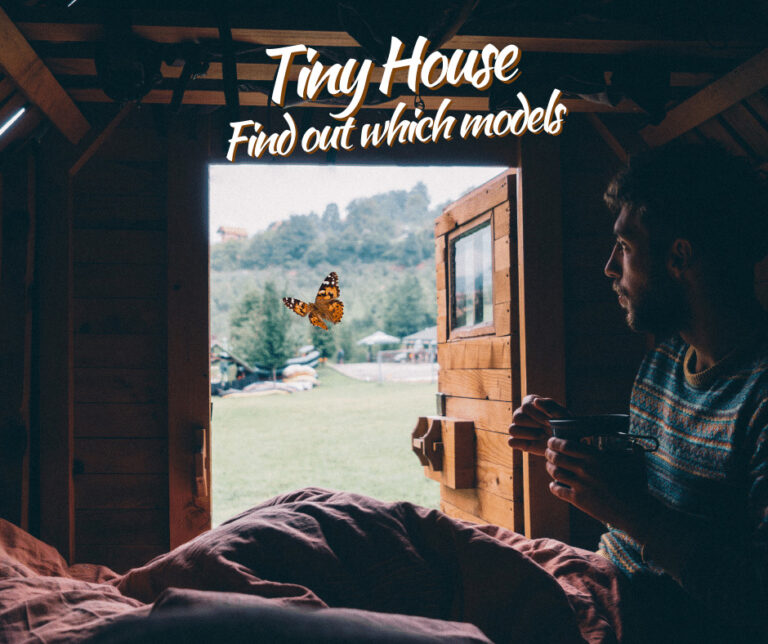
Tiny house Find out which models
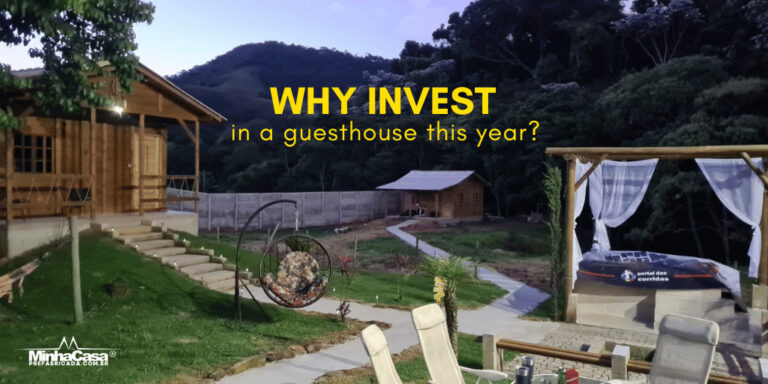
Why invest in a guesthouse this year?
